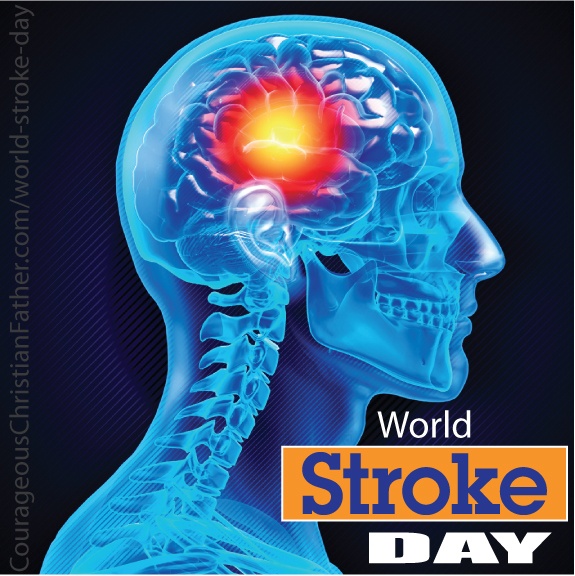10 early signs of Alzheimer’s disease – Cognitive decline is the type of age-related change that can have a dramatic impact on a person’s life, affecting his or her ability to live independently. A general term used to describe symptoms associated with a decline in memory or thinking skills such as judgment and reasoning, dementia is often mistaken as a normal part of aging. However, the Alzheimer’s Foundation of America notes that dementia-related illnesses, including Alzheimer’s disease, are not a normal part of aging.

Change plays a big role in the aging process. As adults age, both their minds and bodies undergo changes.
The changes associated with aging are not uniform. Some people may experience small changes as they inch toward and ultimately pass retirement age, while others may undergo changes that affect nearly every aspect of their lives.
Because many people associate memory loss with aging, they may be compelled to accept some of the early signs and symptoms of Alzheimer’s as mere byproducts of growing older. However, the Alzheimer’s Association urges men and women to report any of these 10 early signs and symptoms of Alzheimer’s to their physicians the moment they’re noticed. Family members who notice these signs in their relatives also should report them to their loved ones’ physicians.
1. Memory loss that disrupts daily life: Examples of this symptom include forgetting recently learned information; forgetting important dates and events; and asking for the same information over and over.
2. Challenges in planning or solving problems: Someone exhibiting this symptom may have trouble following a recipe or paying monthly bills.
3. Difficulty completing familiar tasks at home at work or at leisure: Forgetting the rules of a favorite game or experiencing trouble driving to a familiar location are some examples of this symptom.
4. Confusion with time or place: People with Alzheimer’s lose track of dates, seasons and the passage of time.
5. Trouble understanding visual images and spatial relationships: Some people with Alzheimer’s have difficulty reading, judging distance and determining color or contrast.
6. New problems with words in speaking or writing: Difficulty joining or continuing a conversation and calling things by the wrong name are some examples of this symptom.
7. Misplacing things and losing the ability to retrace steps: People with Alzheimer’s sometimes put things in unusual places and then cannot retrace their steps to find those things.
8. Decreased or poor judgment: Poor judgment and decision-making often affects people with Alzheimer’s.
9. Withdrawal from work or social activities: People with this symptom may begin to withdraw from favorite activities or avoid being social because of the changes they’re experiencing.
10. Changes in mood and personality: Mood changes affect people with Alzheimer’s, who may become confused, suspicious, depressed, fearful, or anxious.
Learn more about Alzheimer’s disease at www.alz.org.
Article compliments of MetroCreative. TF18B478
About the Author
Discover more from Courageous Christian Father
Subscribe to get the latest posts sent to your email.



